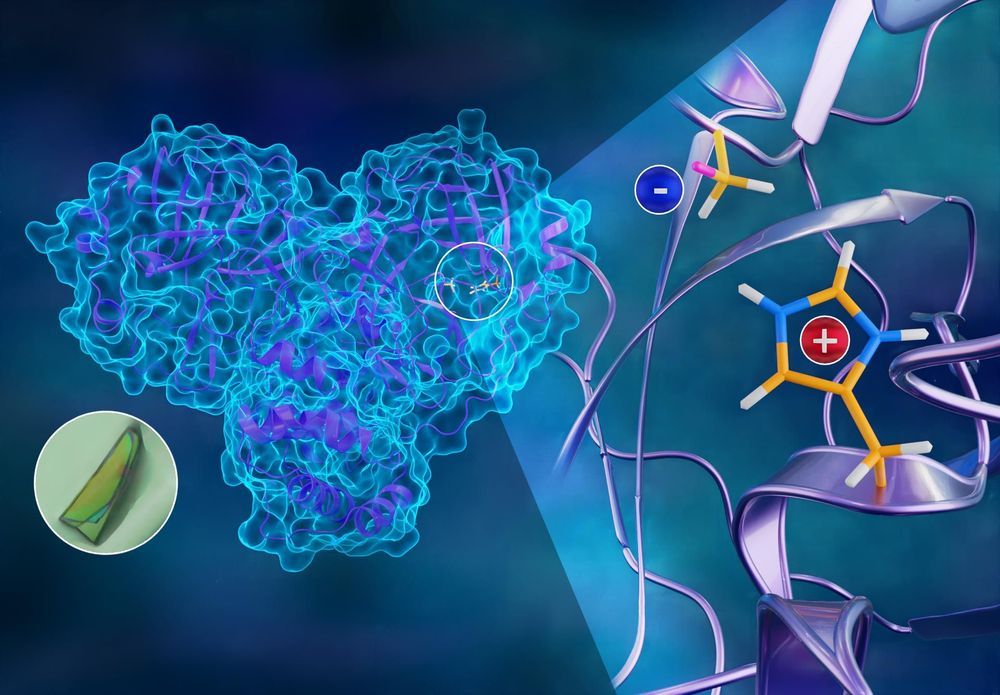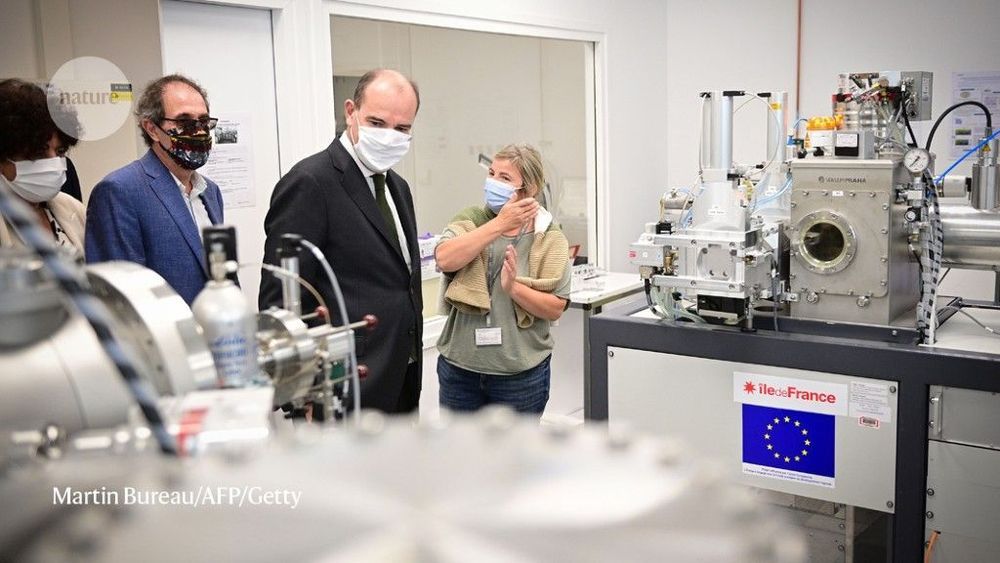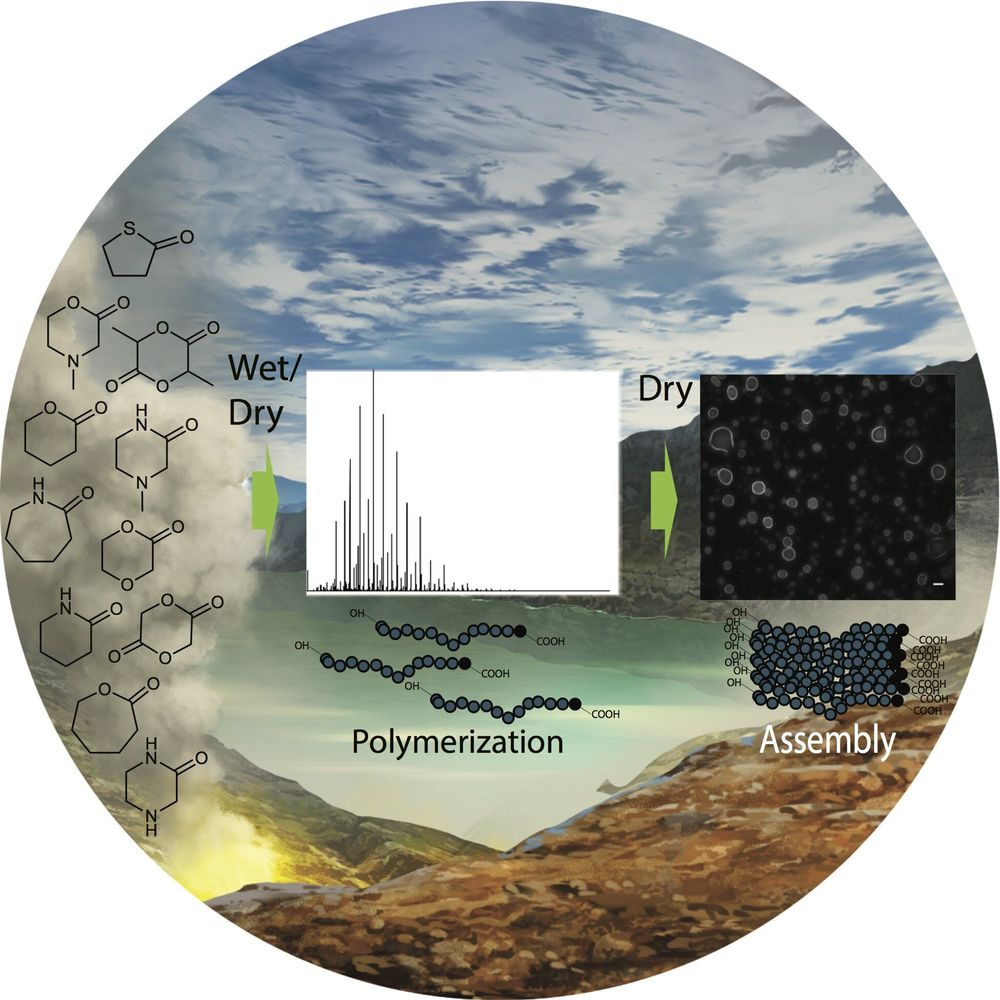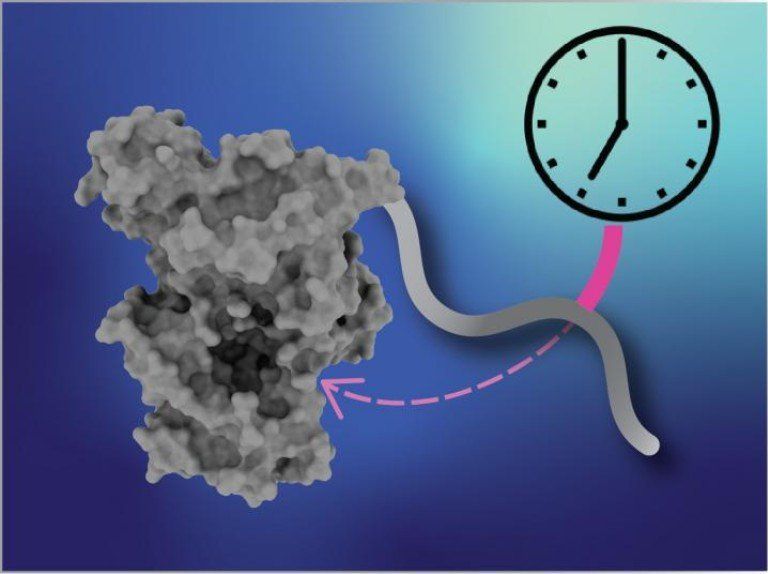The result is a science park and university campus that offers degrees at all levels. It hosts more than 300 labs and advanced research equipment, such as the SOLEIL synchrotron. About 100 companies and 6 of France’s public research organizations, including the national research agency CNRS, have a presence there. That combination — of the university with national facilities — is powerful, says Price. The park accounts for an estimated 15% of France’s public and private research. About 30,000 people work or study at Saclay, and this is projected to rise to 80,000 by 2030.
The lab has no overall scientific project, and has added an extra layer of management, says Fayard, although he concedes that the coronavirus pandemic has complicated the lab’s first months. “I fear the lab will have to work hard not to fall between two stools — it is too big to be efficient, but not big enough to invest alone in major local infrastructures.”
But Oliver Brüning, a particle physicist at CERN, Europe’s particle physics lab near Geneva, Switzerland, who spent time working at LAL, says he thinks the new lab has greater weight and influence than did LAL alone.
Saclay’s second-largest lab, the Institute for Integrative Biology of the Cell (I2BC), covers five biology disciples, including structural, cell and genome biology. More than 700 people, employed by national research agencies and universities, work there. Director Frédéric Boccard says it is too soon to judge whether the Paris-Saclay model is a success for research. “But it is extremely promising.” Boccard adds that having a critical mass of technological equipment means that the lab has attracted collaborators from all over France and many other countries, including Germany, the United States and Russia.






